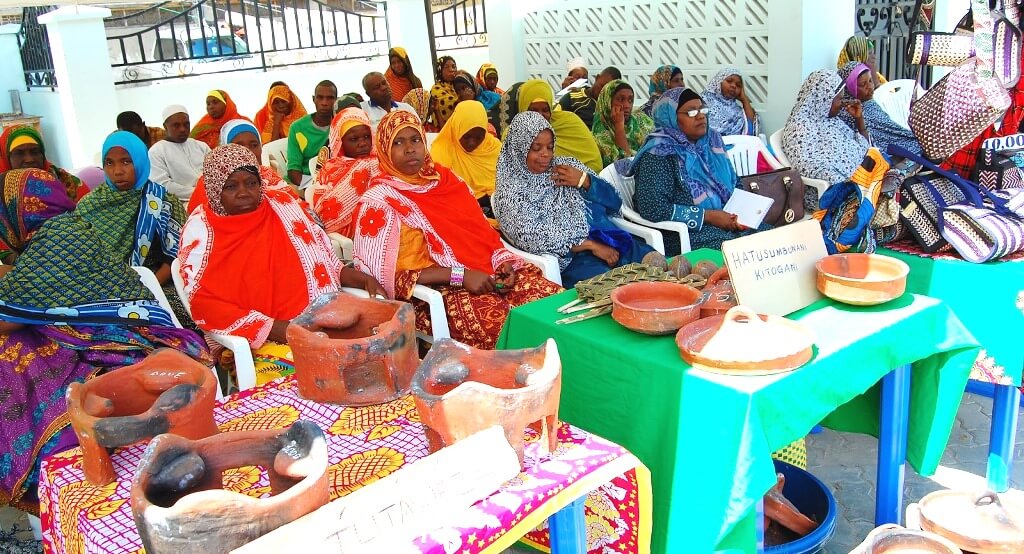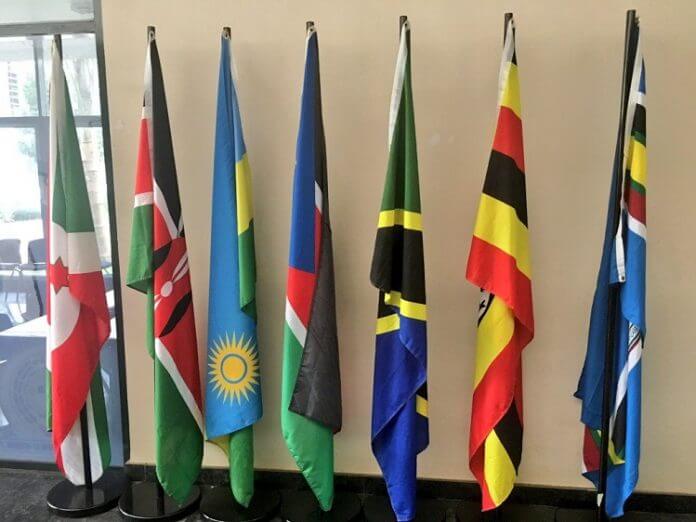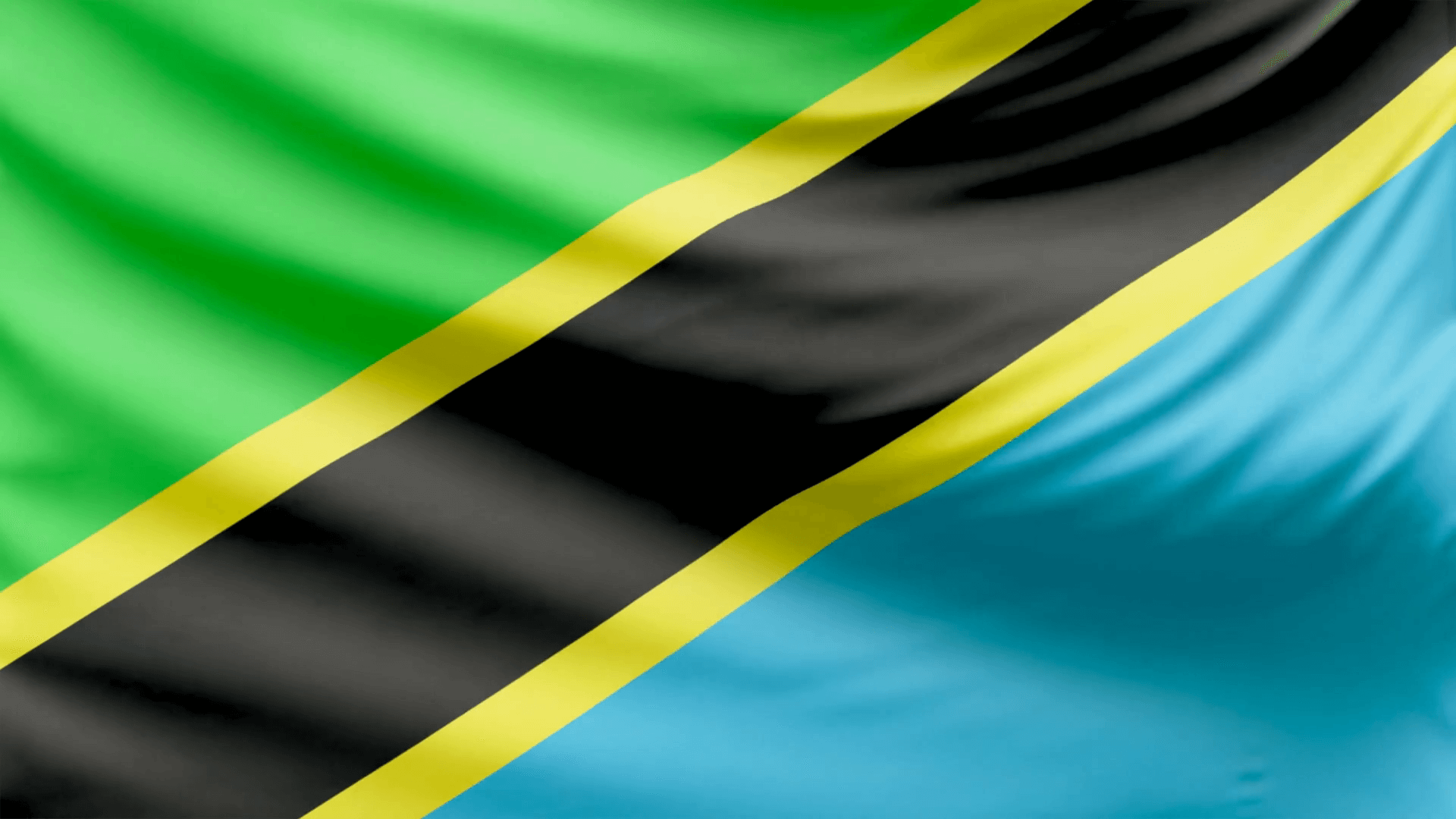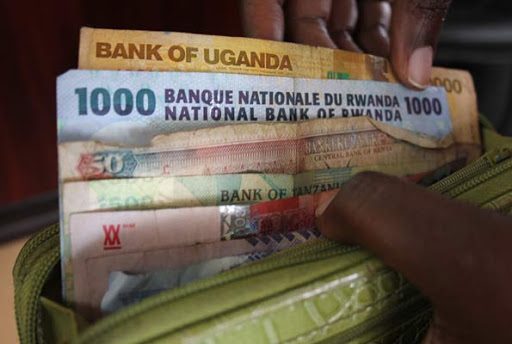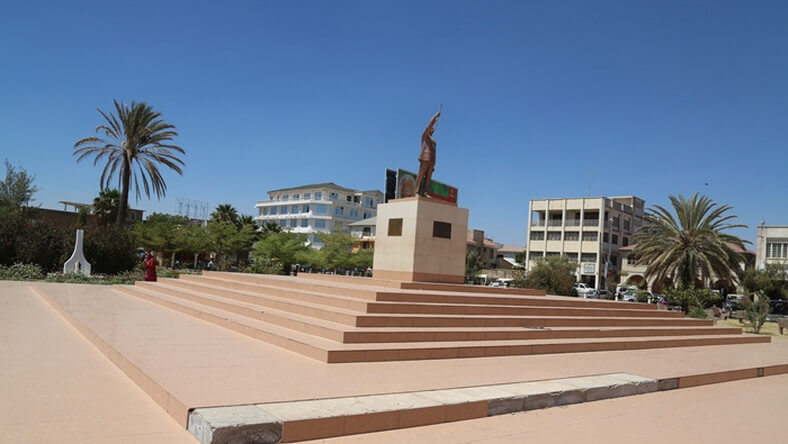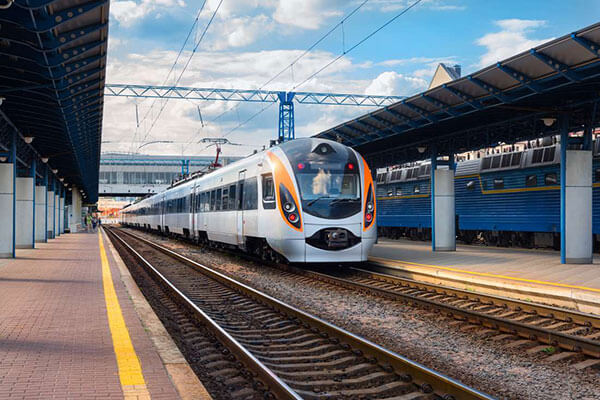The real impact of commerce under a Pan-African deal to establish the world’s largest free-trade area will probably only be seen in three years, according an architect of the pact. While the first trade under the African Continental Free-Trade Area, which could cover a market of 1.2 billion people with a combined gross domestic product of $2.5 trillion is set to start July 1, it will be “very modest,” Carlos Lopes, the former executive secretary of the United Nations Economic Commission for Africa, said in an emailed response to questions. That’s because a road map, laws and support mechanisms to facilitate continent-wide trade has to be finalized, he said. Lopes led the unit that provided technical support to the African Union, which is spearheading efforts to establish the continent-wide deal. Africa lags behind other regions in terms of internal trade, with intra-continental commerce accounting for only 15% of the total, compared with 58% in Asia and more than 70% in Europe. The African Export-Import Bank estimates intra-African trade could increase by 52% within a year of the pact’s implementation and more than double during the first decade. The agreement requires member states to work toward eliminating or lowering tariffs on 90% of goods to facilitate the movement of capital and people, and create a liberalized market for services. Tariff concessions, rules of origin and protocols governing services are still to be agreed on An agreement on tariffs could take time because countries are expected to offer concessions on an individual basis...
Africa May Only See Impact of New Free-Trade Deal After 3 Years
Posted on: March 2, 2020
Posted on: March 2, 2020


